
Yesterday, I finally had a chance to sit down and analyze what I think will happen in negotiations between Iran and the P5+1. The central question that needs to be answered is whether Obama (and his P5+1 partners) have incentives to sign a deal with Iran even if Iran offers few concessions in return.
When I posed this question to my students their answer mirrored what many in the media have been saying. Obama and the P5+1 should not sign any agreement that allows Iran to continue to process enriched uranium. On the surface, the logic behind this refusal seems clear. If the Ayatollah and his representative Hassan Rouhani had no intention of ever building nuclear weapons, they would have no need to enrich uranium. Iran is awash in both oil and natural gas, and has no need to enrich uranium for nuclear energy. The only reason Iran would want to enrich uranium is to positions itself to quickly build nuclear weapons should the need or desire arise. As long as Rouhani insists on Iran’s right to enrich uranium, Iran is not a trustworthy negotiating partner.
All of that is true, but in some ways irrelevant. Obama and the P5+1 do not have the bargaining power to demand greater concessions and Iran knows this. As a result, the P5+1 will eventually agree to remove sanctions even if all they receive in return is the right to inspect.
To understand why this is the case, consider the following game. On the one side are the P5+1. Their long-term preference (in regards to Iran) is to see the current regime replaced with a more moderate one. Their shorter-term preference is to ensure that the current regime does not acquire nuclear weapons. The economic sanctions that are currently in place are critical to achieving both outcomes, just not simultaneously. If the P5+1 decide to maintain the economic sanctions, then sanctions will slowly strangle the current regime, making regime change more likely. This plays to the P5+1’s long-term goal, but makes it more likely that Iran builds nuclear weapons, which are then under the control of an increasingly weak and desperate regime. If the P5+1 decide to trade economic sanctions for a halt to Iran’s nuclear weapons program, then Iran is less likely to acquire nuclear weapons, but the current regime is more apt to survive.
The decision by the P5+1’s leaders comes down to this: Is it more important to invest in regime change even if this means that an increasingly unstable government is likely to get nuclear weapons? Or is it more important to try to prevent Iran from getting nuclear weapons even if this means the regime is more likely to survive? The answer, I think, is clear. If the P5+1 don’t negotiate, they have no other means to prevent Iran from acquiring nuclear weapons. Military force would never be supported by all P5+1 members and even if it were, the US would be expected to take the lead in strikes — something that US voters are unlikely to support. The only realistic tool the P5+1 has to induce Iran to give up its nuclear aspirations is the promise to remove economic sanctions and the threat to re-instate them should Iran defect from the agreement. The P5+1’s upcoming decision is not whether to obtain better terms from Iran or walk away from the deal. Their option is to accept the terms Iran is willing to offer or to face a world where Iran has every incentive to build the bomb.
This is not a great option. But having some control over Iran is better than having no control al all. And as long as the latter scenario is more likely to end in a nuclear-armed Iran, the decision about what to do is clear.

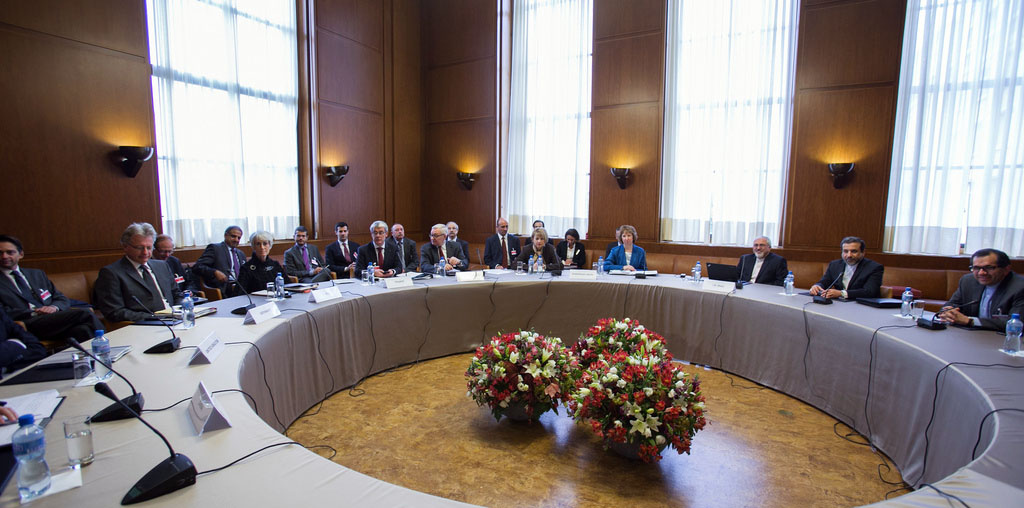
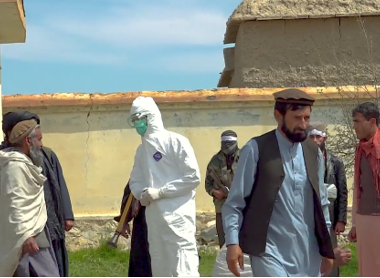
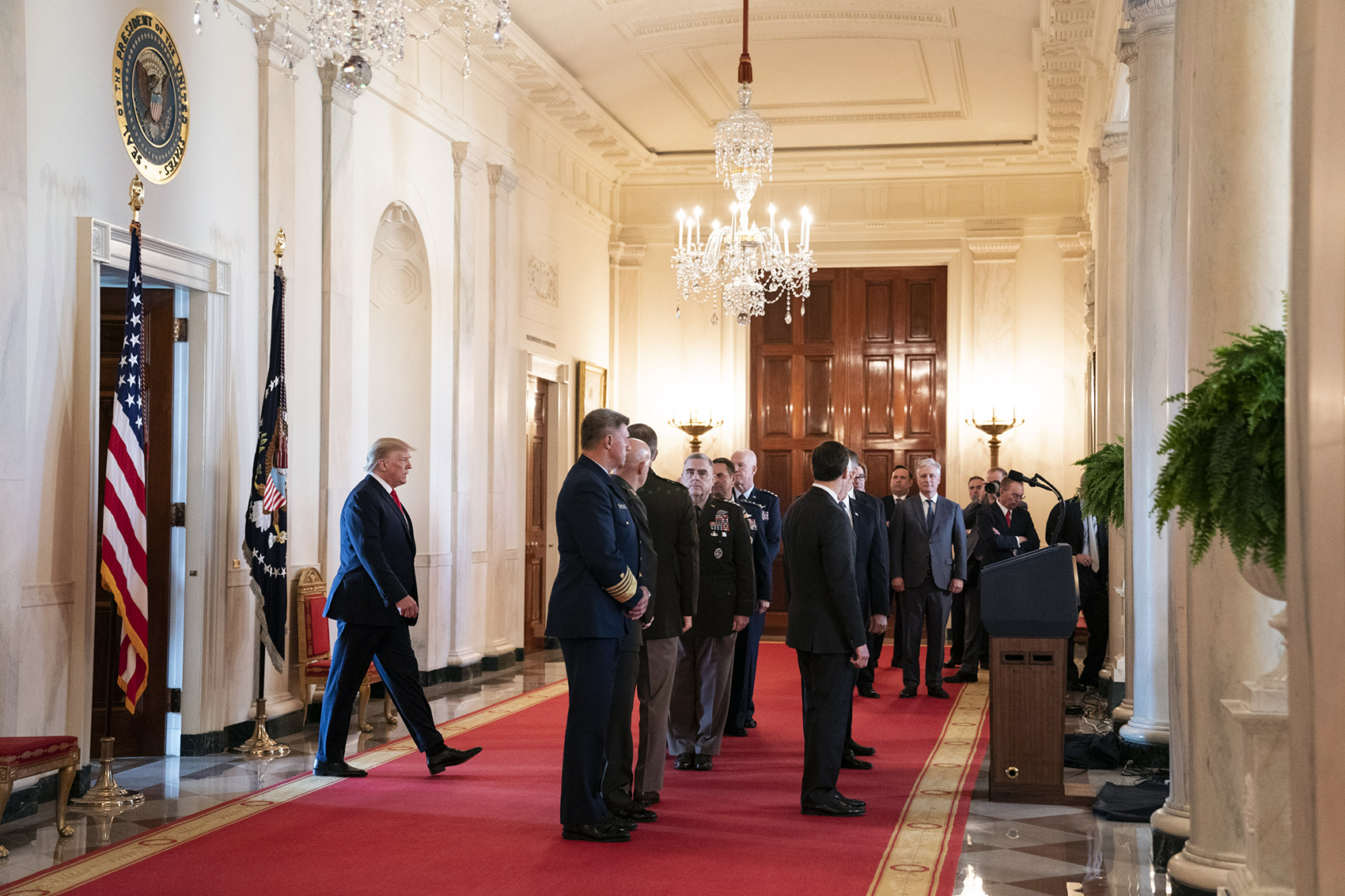
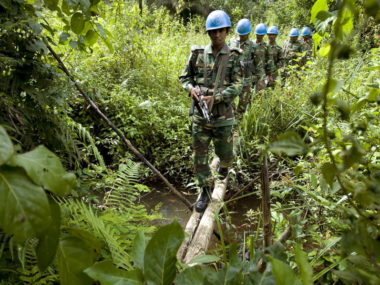
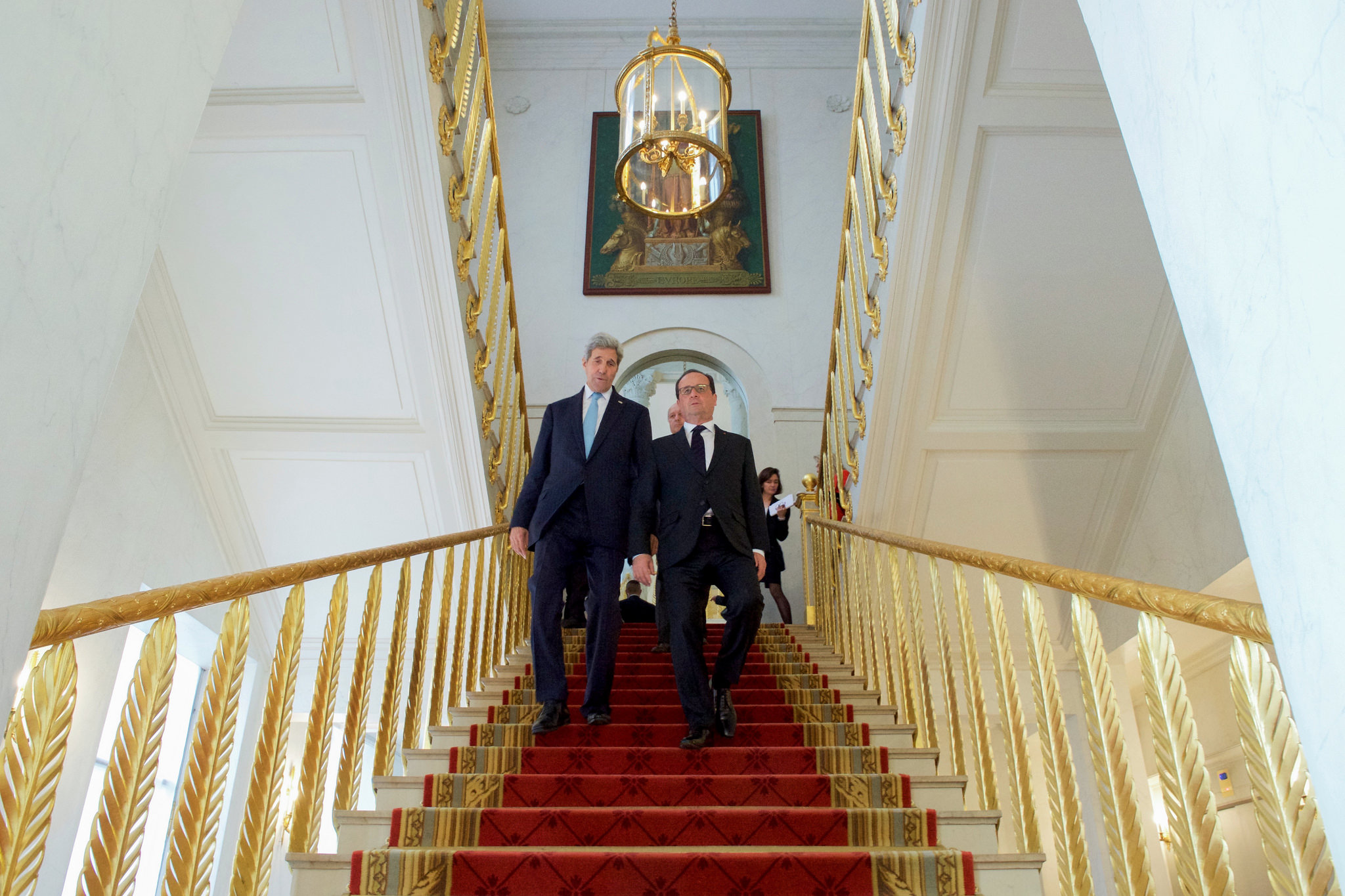

9 comments
Also, the goal of regime change could fade if relations improve as a result of a nuclear deal. The US opened to China and Yugoslavia when each was in the most radical phase of its revolution. (People tend to forget that in the 1940s Tito was considered to the left of Stalin.) Many in the US would have preferred regime change in both cases, but the openings, based on geopolitical considerations, required accepting the regimes as they were. Both regimes subsequently moderated and became more acceptable. That pattern may not repeat itself–the geopolitical context has certainly changed–but if the political elite in Iran is motivated by a perceived threat from the United States, then changing the relationship could conceivably have positive consequences.
It could, but where would the impetus be? Perhaps if Saddam was still in power or the U.S. was opposed to Saudi Arabia, but currently Iran and America just have no real reason to work together.
I agree with Grant. In the case of both Yugoslavia and China we reached out to them because they provided leverage against the Soviet Union. There is no parallel with the current situation with Iran. Also, I believe that Scott has causation backwards in his last sentence. It is the Iranian political elite that needs the U.S. to be a threat – it is a key part of the justification for retaining their political power and is it at the very core of legitimacy for the regime. That is why the Iranians have rejected all attempts by American administrations since 1979 to repair the relationship.
Valid points, the question of “impetus”/”Soviet threat” is what I had in mind when I said the geopolitical context had changed. At the same time, the notion that the regime is illegitimate and needs a US threat may be (and again, I’m just saying “may”) attributing our view of the situation to them. After three decades, there must be some faction in Iran that views their regime as legitimate, no?
I’ve said elsewhere that legitimacy is the dark matter of political science. If you want to to find it, probably the best way (and even this is going to be inaccurate) is to figure out who economically benefits the most from the government and who is most willing to pay taxes.
N.B. a government declaring that it will increase salaries of government workers, teachers and the like during times of unrest isn’t a sign of legitimacy even though those people would benefit from the extra money. It’s actually a sign of weakness, the government needs to pay them more in a desperate attempt to keep loyalty that it should already have.
Interesting analysis, which I largely agree about. But what if Israel decides to attack Iran on its own?
The only reason why Iran might want to acquire nuclear weapons would be to deter Israel from attacking its facilities. The P5+1 group should demand that Israel scrapped their nuclear weapons as well, thus making the whole Middle East a nuclear-free zone. That would solve all major problems for now, I think.
Actually I think the U.S. invasion of Iraq was a far greater motivator for Iran acquiring nuclear weapons than anything Israel could ever do.
I am curious as to whether there is any evidence that economic warfare (‘sanctions’) on the present level will destabilize the present regime in Iran. Iran is not a small country, nor is its population used to high living. The regime may not be willing to give up much, if anything, for improved relations and conditions. Indeed, as an opponent and whipping-boy for the U.S. regime, it may be attracting support from such as Russia and China.